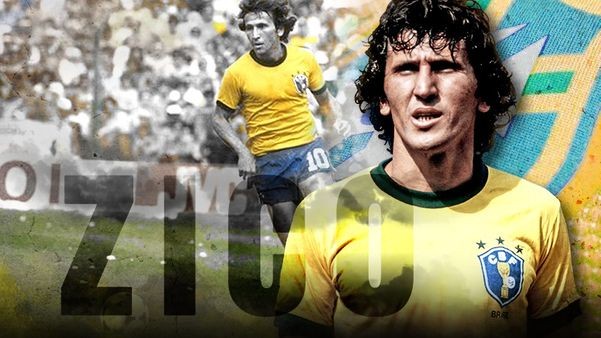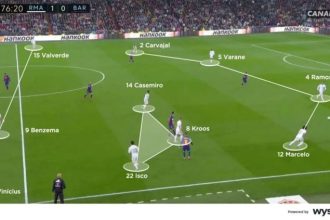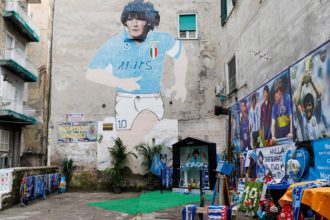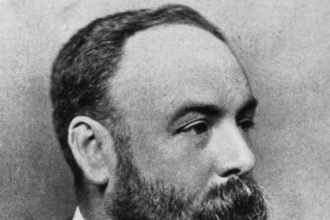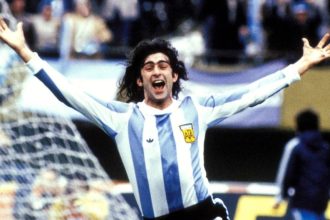Zico, whose real name is Arthur Antunes Coimbra, is a Brazilian football legend widely regarded as one of the greatest players of his generation. Known for his exquisite skill, vision, and goalscoring ability, Zico mesmerized fans around the world with his technical prowess and ability to control and distribute the ball. This article delves into the life and career of Zico, highlighting his achievements, playing style, and impact on the world of football.
Born on March 3, 1953, in Rio de Janeiro, Brazil, Zico showed a passion for football from an early age. He rose through the ranks of Flamengo, one of Brazil’s most successful clubs, and made his professional debut in 1971. Zico’s exceptional talent quickly caught the attention of football enthusiasts, and he soon became a key player for both Flamengo and the Brazilian national team.
Zico was not physically strong, and his story of determination and discipline began with a tough muscle and body development program conducted by physical education teacher José Roberto Francalacci. A combination of hard work and also a special diet sponsored by his team enabled Zico to develop a strong body and become an athlete; this later proved to be essential for his success.
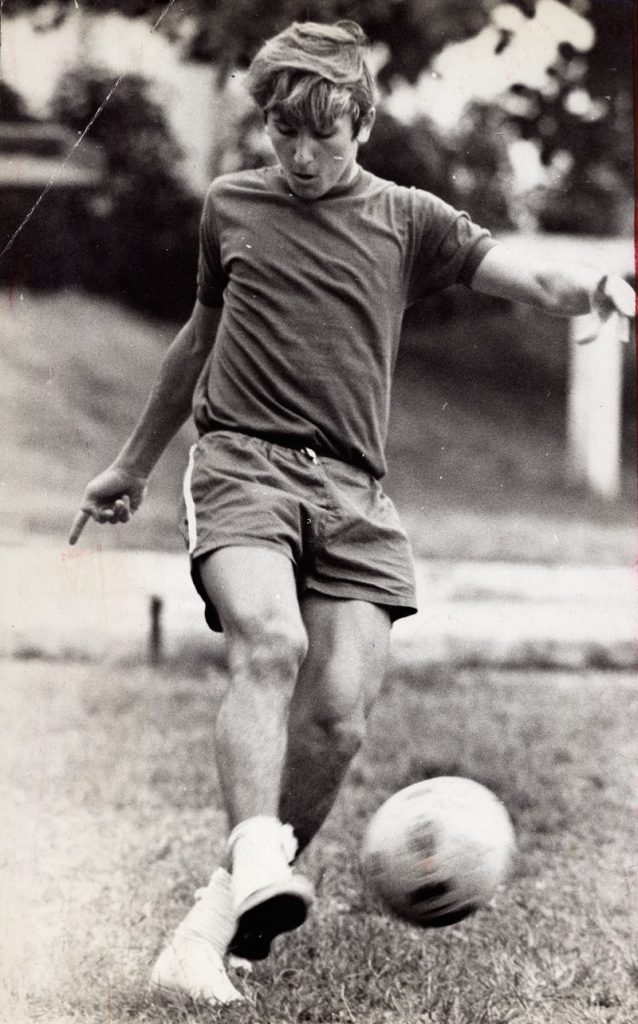
During 1971 and 1972, he shifted from youth to professional team and back. Coach Fleitas Solich had confidence in Zico’s abilities and promoted him, on the other hand, the situation changed when the Paraguayan coach left and Zagallo took over. He believed Zico to be too young and sent him back to the youth team. Things only improved for Zico when Joubert, his first coach at the youth team, was appointed the new coach for the seniors and fully promoted him after 116 matches and 81 goals in the youth team.
Zico’s playing style was characterized by his remarkable technique, vision, and creativity. He possessed excellent ball control, precise passing, and a lethal shot, which made him a complete attacking midfielder. His ability to find space and read the game allowed him to create opportunities for himself and his teammates, resulting in numerous goals and assists throughout his career.
During his time at Flamengo, Zico enjoyed immense success, leading the club to numerous domestic and international titles. He won six Brazilian league titles, four Rio de Janeiro State Championships, and the prestigious Copa Libertadores in 1981. Additionally, Zico represented the Brazilian national team in three World Cups, leaving an indelible mark on the tournament with his remarkable performances.
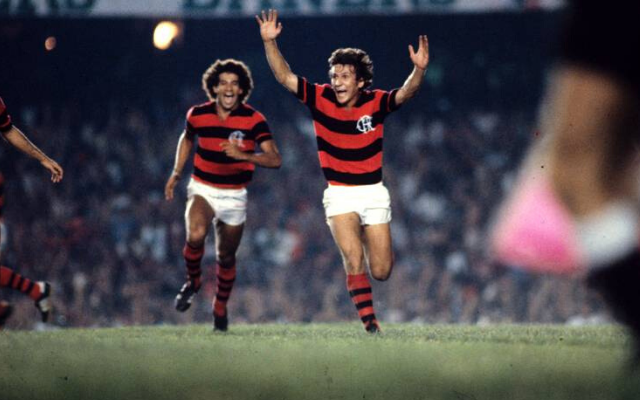
The 1982 World Cup would see Zico as part of a fantastic squad, side by side with Falcão, Sócrates, Éder, Cerezo, and Júnior. In spite of his 4 goals and the great amount of skill in that squad (Zico was involved in eight consecutive goals scored by Brazil), the team was defeated 3–2 by Paolo Rossi and Italy in the final match of the second round group stage.
He played in the 1986 FIFA World Cup while still injured and only appeared as a second-half substitute throughout the tournament; in the quarter-final match against France during regulation time, he helped Brazil win a penalty, but then missed his kick. The match ended in a tie which led to a shootout. Zico then scored his goal, but penalties missed by Sócrates and Júlio César saw Brazil knocked out of the tournament.
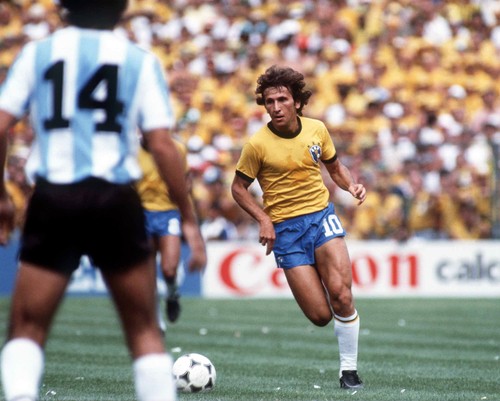
Zico retired from professional football during the 1994 season but received an invitation to play beach soccer, winning the Beach Soccer World Cup in 1995. Scoring 12 goals, he was the top scorer and was named the best player of the tournament. He returned to Kashima to become the Antlers’ technical adviser in 1995, splitting his time between Japan and Brazil – where he still managed to find time to play beach soccer. One year later, in 1996, he won his second Beach Soccer World Cup with Brazil, scoring in the final against Uruguay. He founded CFZ (Zico Football Centre) in Rio de Janeiro. Zico founded another club, named CFZ de Brasília, in 1999.
Zico represented Brazil in the World Cup of Masters, scoring in the final of the 1990 and 1991 editions.
After Brazil’s first presidential election in many years, the new president Fernando Collor de Mello appointed Zico as his Minister of Sports. Zico stayed at this political assignment for about a year and his most important contribution was a piece of legislation dealing with the business side of sports teams.
Zico’s impact on the world of football extends far beyond his achievements on the field. His elegance, creativity, and technical brilliance inspired a generation of players and fans alike. He is often considered one of the greatest footballers to have never won a World Cup, with his mesmerizing displays forever etched in the hearts of football enthusiasts worldwide.
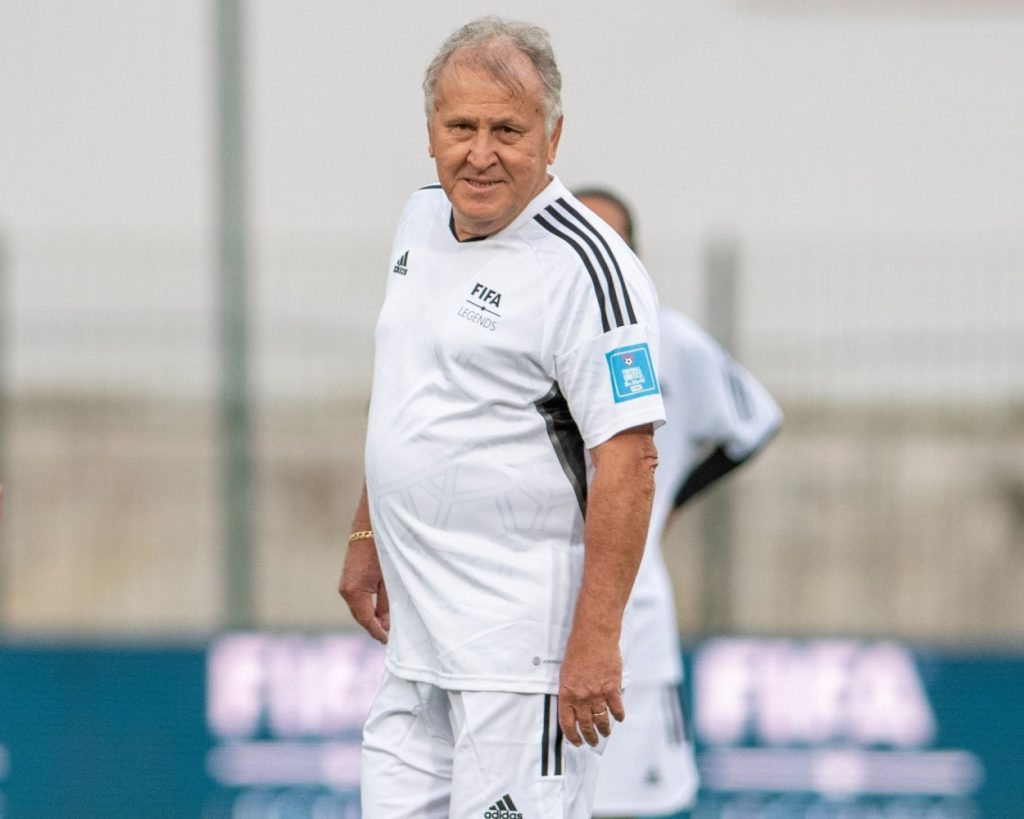
Off the field, Zico’s influence continued as a coach and football ambassador. He managed several clubs, including the Japanese national team, and played a pivotal role in the development of football in Japan. Zico’s dedication to the sport and his commitment to nurturing young talent has made him an iconic figure in the footballing world.
Zico’s career is a testament to his incredible talent and love for the beautiful game. His technical skills, exceptional vision, and impact on and off the field have solidified his place among football’s all-time greats. Zico’s legacy continues to inspire future generations of players and reminds us of the beauty and magic that football can bring.
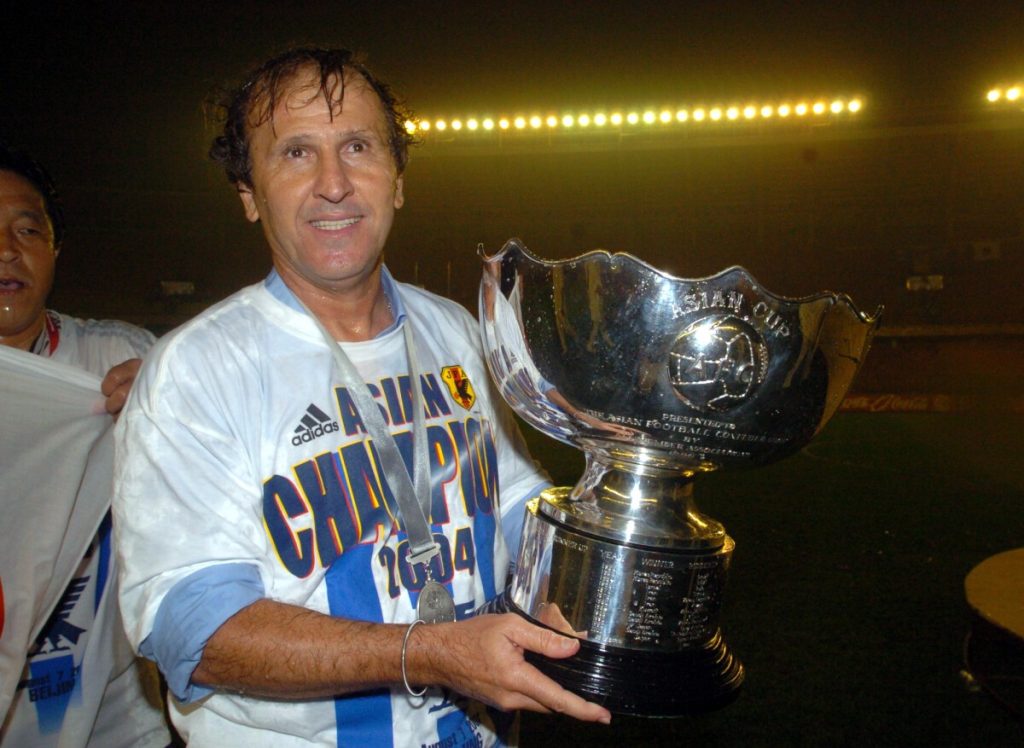
Honors
Player
Club
Flamengo:
Campeonato Carioca: 1972, 1974, 1978, 1979, 1979 (extra), 1981, 1986
Campeonato Brasileiro Série A: 1980, 1982, 1983
Copa União: 1987
Copa Libertadores: 1981
Intercontinental Cup: 1981
Kashima Antlers:
J.League Suntory Series: 1993
International
Brazil:
FIFA World Cup Third place: 1978
Copa América Third place: 1979
Brazil U23
CONMEBOL Pre-Olympic Tournament: 1971
Individual:
Bola de Ouro: 1974, 1982
Bola de Prata: 1974, 1975, 1977, 1982, 1987
Campeonato Carioca top scorer: 1975 (30 goals), 1977 (27 goals), 1978 (19 goals), 1979 (26 goals), 1982 (21 goals)
South American Footballer of the Year: 1977, 1981, 1982
South American Footballer of the Year Silver Ball: 1976, 1980
Brazilian season top scorer: 1976 (63 goals), 1977 (48 goals), 1979 (81 goals), 1980 (53 goals), 1982 (59 goals)
FIFA XI: 1979, 1982
Campeonato Brasileiro Série A top scorer: 1980 (21 goals), 1982 (21 goals)
Guerin Sportivo All-Star Team: 1980, 1981, 1983
Copa Libertadores Best Player: 1981
Copa Libertadores top scorer: 1981
Intercontinental Cup MVP Award: 1981
Guerin Sportivo Player of the Year: 1981
FIFA World Cup Bronze Boot: 1982
FIFA World Cup All-Star Team: 1982
World Soccer Player of the Year: 1983
Chevron Award: 1984
Serie A Player of the Year: 1984
Beach Soccer World Championship Top Scorer: 1995 (12 goals)
Beach Soccer World Championship Best Player: 1995
FIFA Order of Merit: 1996
FIFA 100: 2004
Golden Foot Legends Award: 2006
Brazilian Football Museum Hall of Fame: 2010
IFFHS 3rd Best Brazilian Player of the 20th Century
IFFHS 7th Best South American Player of the 20th Century
IFFHS 14th Best Player of the 20th Century
FIFA 7th Best Player of the 20th Century (FIFA Magazine and Grand Jury vote)
France Football 9th Best Player of the 20th Century
World Soccer Magazine 18th Greatest Player of the 20th Century
Placar 16th Best Player of the 20th century
IFFHS Legends
Records:
Top scorer in Flamengo’s history – 508 goals
Top scorer in Maracanã Stadium – 333 goals
Japan Soccer League record for goals scored in straight matches – 11 goals in 10 matches (1992)
Flamengo record holder – Top scorer in a single season – 81 goals (1979)
Manager
Club
Fenerbahçe:
Süper Lig: 2006–07
Turkish Super Cup: 2007
Bunyodkor
Uzbekistani Cup: 2008
Uzbek League: 2008
CSKA Moscow:
Russian Super Cup: 2009
Russian Cup: 2008–09
Olympiacos:
Super League Greece runners-up: 2009–10
FC Goa:
Indian Super League runners-up: 2015
International
Japan:
Asian Cup: 2004

